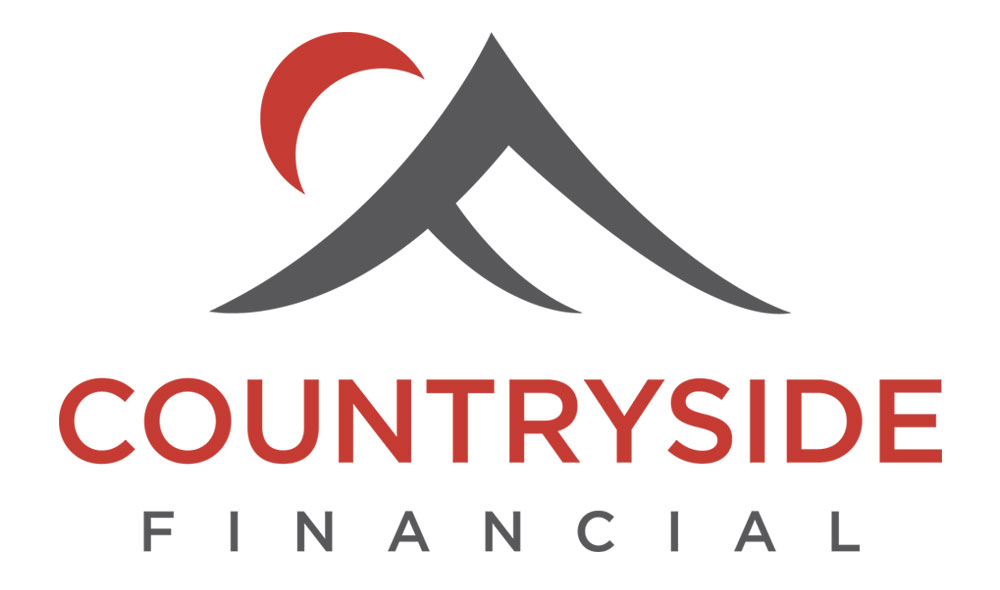Credit Reporting Quick Improvement Tips
A credit report (also known as a credit bureau) is a history of how consistently you pay your financial obligations. A credit report is created when you first borrow money or apply for credit.
Besides being an overall responsible user of credit, there are 5 main tips to better your score QUICKLY provided by Ross Taylor, a licensed insolvency counsellor:
1. Use The Optimal Utilization Strategy
When maximizing your personal credit score, you should look at your utilization of available credit for each individual credit facility. By this I mean what percentage of your available credit is the balance being reported? Percentage utilization can have a significant impact on your personal credit score. Equifax Canada states utilization has a 30% weighting on your personal credit score.
Scenario: suppose you have three credit cards, each with a limit of $10,000.
And let’s say one card has a balance owing of $9,900 and the other two have zero balances. This might happen because you are trying to earn rewards on one particular card, or maybe you said yes to a balance transfer promotional offer.
Chances are your credit score is lower than if the usage was spread across the three cards equally—i.e., each with a balance owing of $3,300, or 33% of the limit.
Overall, your usage remains unchanged, but now you no longer have an individual card reporting at 99% utilization. If you can afford to cover or reduce the balance owing on the one with a balance of $9,900, you should see a nice little score boost.
2. Use the Statement Date Strategy
It may be that the best thing for you to do is simply reduce balances owing on your credit facilities. If time is of the essence, you should plan this carefully and do it in the correct order.
Gather up your most recent available statements for all relevant credit facilities. And note the day of the month when the statement was printed. Most of the time it’s the balance on that statement date that is being reported to the credit bureau. And give or take a day, it is safe to assume that same day of the following month is when the next statement will be issued. So, plan your payments accordingly.
3. Pay It Down and Keep It Down
This is especially important when your limits are not very large. It’s far better to pay your balance in full before your statements come out. You are even more of a model citizen, and now the balance being reported to the credit bureau will always be extremely small, if anything.
4. Exercise All Dormant Credit Cards and Lines of Credit
Some people have credit facilities they never use. People tend to favour one particular credit card and we might neglect our other cards. If you are trying to maximize your credit score, it is good to use all available credit fairly regularly, even if it’s just for a nanosecond.
Equifax Canada states your history can have a 15% weighting on your personal credit score.
Update the DLA (date of last activity) with a modest transaction and then pay it online immediately. If you notice you have credit cards that have not seen daylight for months or years, take them to the supermarket or gas station, use them just once, and pay online right away. After the next statement these cards will report the date of last activity as the current month and year, and that may give you some much-needed points.
5. Scour & Clean All Reporting Errors
There might be some incorrect information in your personal credit history that’s needlessly dragging down your score.
A few examples include:
- You have two or more personal profiles with the credit bureau and your information is scattered and diffused. Combining it all into one credit report could well increase your score and strengthen your look. (This often happens to people whose name is hard to spell, or who have legally changed their name).
- Late payments being reported when it’s not you. Maybe you have a relative with the exact same name.
- That router you returned to the cable company is showing as a collection; but in fact you returned it to the local store.
- You completed a consumer proposal and all the debts included in the proposal should be reporting zero balances and should not carry an “R9” rating. This generally means an account has been placed for collection or is considered un- collectible.
- There may be incorrect late payments.
Equifax Canada states payment history has a 35% weighting on your personal credit score.
Candace Perko
Mortgage Broker
Countryside Financial
www.countrysidefinancial.ca























